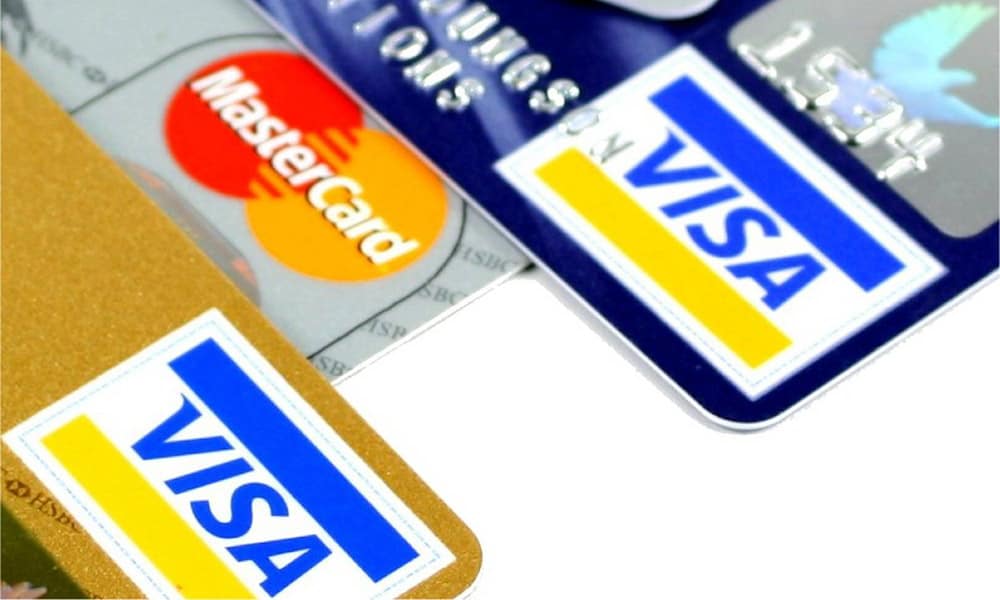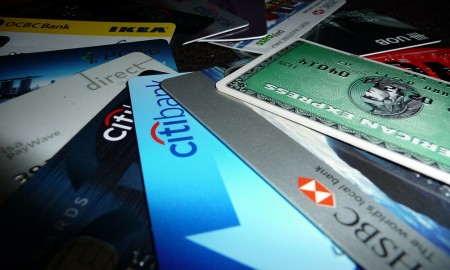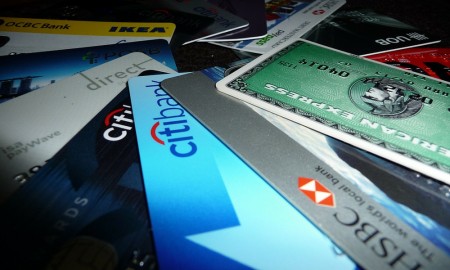

Getting your first credit card is an important step in advancing your financial life. Often, a credit card is the first loan that a person gets access to, allowing them to start building their credit score.
Many people think that getting your first credit card is hard, but there are a few easy ways to get a card.
Becoming An Authorized User
How old do you have to be to have a credit card? As old as you need to be for someone to trust you with one. Though most, if not all, lenders won’t give you your own credit card until you turn eighteen, you can get a credit card by becoming an authorized user on someone else’s account.
An authorized user gets their own physical card with their name on it. They can use that card just like any other credit card. Any debt an authorized user incurs with their card is added to the main cardholder’s balance. That means that the primary cardholder is responsible for any purchased made by the authorized user.
That means that making someone an authorized user on your credit card account can be dangerous since you could have to pay thousands of dollars for things you didn’t purchase yourself.
Often, parents make their children authorized users on their credit card accounts so that the kids have a card to use in emergencies. Other times a spouse or significant other will be named an authorized user.
The benefit of becoming an authorized user, beyond access to a credit card, is that some credit card companies, like American Express, report that you are a cardholder to credit bureaus.
If a parent makes their child an authorized user on their credit card when they turn fourteen, they’ll have a four-year long credit history when they turn eighteen. That can make a big difference when they apply for their first loans or personal credit card.
Be warned that this can be a double-edged sword. If you’re an authorized user on a card with a huge balance, or that has had payments missed, it can damage your credit.
Getting Your Own Card
When it comes time to apply for your first credit card, you’ll need to prove to a lender that you’re worth the risk that they’re taking on in giving you a credit card.
If you don’t have any credit history, one of the most important aspects of a credit card application is your income. If you have a stable job and a strong income, many credit card companies will be willing to take a small risk and give you a small credit limit. If you have no income, you’ll be hard-pressed to find a lender willing to give you a credit card.
The good news is that many lenders offer student credit cards. Credit card companies know that high school and college students often don’t have jobs, so they design credit cards just for them. Normally there is no income requirement for a student card, but the credit limits on them tend to be very low. Often just hundreds of dollars.
If you’re not a student and want to apply for your first credit card, you can also look into secured credit cards. The thing that makes a credit card such a huge risk for lenders is that there is nothing securing the loan. With a mortgage, there’s a house that serves as collateral for the loan. Auto loans have cars to back them. If you don’t pay, the bank can repossess the house or the car you used the loan to buy. With a credit card, there’s nothing for the bank to take.
With a secured credit card, you give the bank a cash deposit to hold onto. The size of the deposit determines your credit limit. Often, the limit is equal to your deposit. With a secured card, the bank takes on little to no risk, because if you don’t pay, the bank won’t give back your deposit.
Secured credit cards work like any other card, so holding one will help you build your credit score. If your first credit card is a secured card, it should only take a few months to a year before you can start applying to non-secured credit cards.
Why Should I Get My Own Card As Soon As Possible?
Getting a credit card as soon as you can is a good idea, so long as you are responsible enough not to carry a balance.
One reason for this is that the most important factors of your credit score are the length of your credit history and your history of on-time payments. The more on-time payments you’ve made, the better your score will be. Similarly, the longer you’ve had access to credit, the better you know how to handle it and the higher your score will be.
Another reason to get a credit card as soon as possible is the rewards that they offer. Even student credit cards offer valuable rewards, though the rewards are not as good as normal consumer cards. The Capital One Student Card, for example, offer 1.25% cash back on all purchases.
Credit cards also provide a number of consumer protections that debit cards do not. Fraudulent purchases made with credit cards don’t instantly deplete your bank balance, so you won’t have to spend months wrestling with your bank to get the money put back in your account.
You can also take advantage of benefits like extended warranties. Putting major purchases on a credit card can save you a headache should something go wrong with them at a later date.
There are a lot of ways to get your first credit card. The benefits that they bring give you a good reason to get one as soon as you can – provided you can handle the responsibility.
Photo credit: Creative Commons Images










